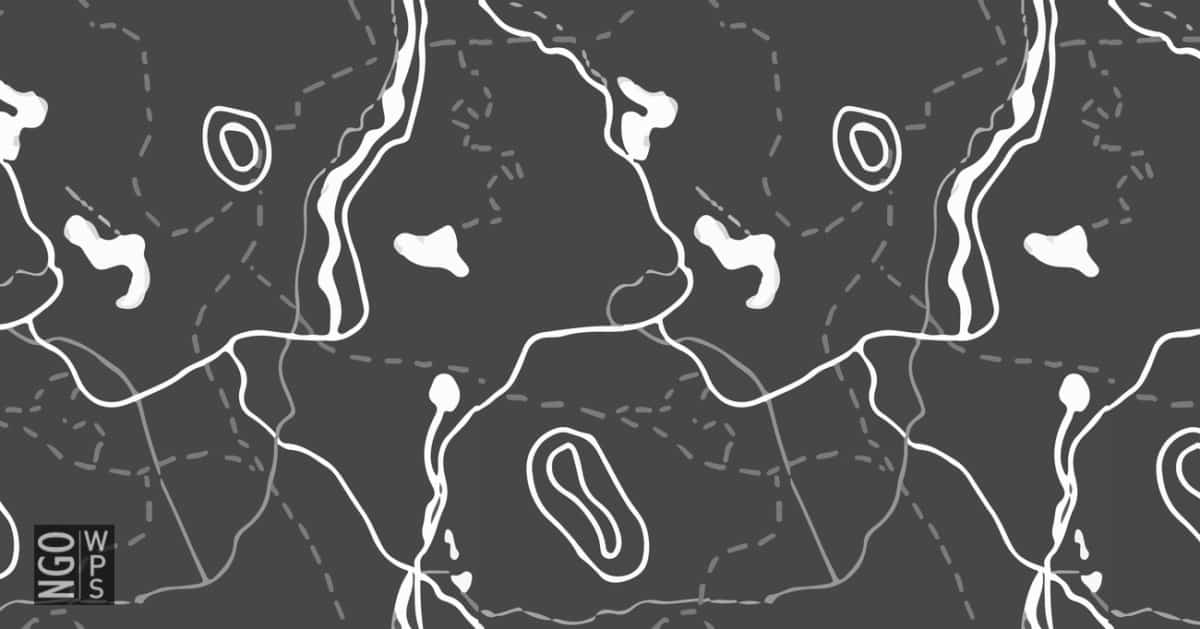For January, in which Tunisia has the presidency of the UN Security Council, the MAP provides recommendations on the situations in Libya, Mali, Somalia, and Yemen.
Libya
In its discussion of the situation in Libya and the latest report of the UN Support Mission in Libya (UNSMIL), Council members must call for women’s rights and the full, equal and meaningful participation and leadership of diverse women, including young women, displaced women, Indigenous women and women with disabilities, in formal, substantive and specific roles at every level of the peace process, including the current Libyan Political Dialogue Forum (LPDF) and the local level in provincial councils. Council members are encouraged to welcome the recommendations from recent multi-stakeholder consultations with diverse women and support integrating these priorities in future rounds of the LPDF and the inclusion of women in leadership roles in all LPDF tracks, including recommendations by Libyan women participating in the Forum. In the context of the recent killing of lawyer Hanan Al-Barassi and the continued threat to women leaders, the Council should call on UNSMIL to support the development of inclusive, consultative protection mechanisms to enable diverse women, including women human rights defenders and peacebuilders, to participate safely and actively without fear of reprisal.
Mali
Violence targeting civilians in Mali continues to increase in frequency and seriousness, putting communities at extreme risk of human rights violations, including gender-based violence and forced displacement of over 300,000 individuals. Efforts to address Mali’s insecurity have included increased spending in military and defense, alongside several peace agreements and ceasefires, which remain insufficiently implemented. Recent analysis indicates that the government’s failure to prioritize justice and social services will continue to be a destabilizing factor. In the Council’s discussions, gender equality and human rights must be mainstreamed and prioritized; past discussions have been devoid of WPS. Women civil society leaders, activists, human rights defenders, and peacebuilders, including Ms. Assitan Diallo in her briefing to the Council in November 2019, have repeatedly highlighted stakeholders’ failure to meaningfully address provisions of the Bamako Agreement related to women’s meaningful participation and leadership. Although deliberations by the Comité de suivi de l’Accord indicated progress in advancing women’s inclusion, these efforts must be moved forward expeditiously and considered critical as part of efforts to ensure implementation continues in the context of the COVID-19 pandemic. Further, discussions should take into the importance of addressing impunity for gender-based violence, which has been exacerbated by the COVID-19 pandemic, call for increased access to justice and advancement of current judicial proceedings to ensure crimes are adjudicated in a timely manner (CEDAW/C/MLI/CO/6-7, S/RES/2364 (2017), OP 11, ICC, CICC).
Somalia
The Security Council is expected to receive reports on the UN Assistance Mission in Somalia (UNSOM) and the African Union Mission in Somalia (AMISOM) over the month. In its discussion, the Council should request that senior UN officials identify, discuss and reflect on their efforts to address the barriers and risks associated with women’s participation, including those brought on by the COVID-19 pandemic, in line with the recommendations articulated by Ms. Amina Arale in her August 2019 briefing. These include quarantine measures, economic stressors, and the absence of essential health services, including sexual, reproductive, and psychosocial health services. Briefings delivered by all senior UN officials must mainstream gender-sensitive analysis in updates related to conflict prevention efforts, including those undertaken as part of addressing the link between the climate crisis and violence and details regarding regular, ongoing consultations with diverse civil society organizations, including women’s groups. Finally, the Council should continue to express its support for the full implementation of the NAP on Resolution 1325 (2000) and the Sexual Offences Bill and inquire about progress.
Yemen
The Security Council’s discussions on the situation in Yemen have historically failed to reflect critical gender dimensions, despite multiple meetings of the Security Council Informal Expert Group on WPS (S/2017/627, S/2017/1040, S/2019/253) and briefings by civil society in 2017, 2018, 2019 and 2020. The Council should consider the report of the Group of Eminent Experts (GEE), which called for accountability for gross violations of human rights, including gender-based violence. The COVID-19 pandemic, combined with the already fragile health infrastructure in Yemen, has resulted in a fatality rate that is ten times higher than the global average. Ongoing violence, including the recent escalation in Hudaydah and the explosion at the airport in Aden, has undermined humanitarian actors’ ability to provide necessary assistance. This violence, combined with donors’ failure to meet aid obligations, and ongoing blockages of vital supplies, move millions of Yemenis closer to starvation. In its discussion, the Council should focus on the urgency of upholding and supporting a sustainable and nationwide ceasefire in line with resolution 2532 (2020) that would support viable conditions for protecting civilians, including women, prioritizing the release of women arbitrarily detained without conditions, enabling the delivery of humanitarian aid and lead to a resumption of peace negotiations. The Council must continue to emphasize the necessity of women’s full, equal and meaningful participation in formal peace and political processes, as well as in parallel or complementary processes taking place at the local level, ensure no less than the 30% quota of women in all processes as a matter of urgency, and further support women’s calls for local ceasefire in Marib. The Council should also support the Riyadh peace agreement signed in November 2019 and prioritize women’s calls to relocate military camps and depots from cities. Finally, the international community must support Yemen’s NAP on WPS and ensure full funding for its implementation, including by supporting diverse women’s groups.
